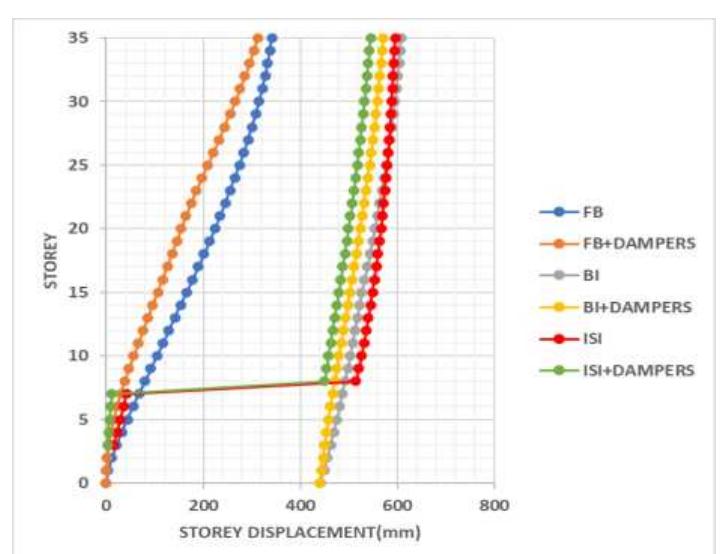Key research themes
1. How are dynamic system modeling techniques advancing the analysis and control of vibration in mechanical and structural engineering?
This research theme focuses on analytical and numerical modeling methodologies for vibration behavior in mechanical systems and structures, aiming to improve prediction accuracy and applied control strategies. It encompasses mathematical modeling approaches ranging from classical continuous and discrete system representations to modern constrained and parameterization methods, supporting both theoretical insight and practical control implementation.
2. What novel sensing and diagnostic methodologies enable early detection and quantification of mechanical vibrations and faults in engineering systems?
This theme captures research on innovative experimental techniques and data-driven methods for vibration monitoring, fault detection, and condition assessment in mechanical systems, emphasizing the extraction of vibration signatures and the development of predictive and robust diagnostic tools. The focus lies on real-time measurement approaches, vibration signal analysis, and machine learning applications, enhancing preventive maintenance and operational reliability.
3. How do structural and environmental vibrations impact the safety and comfort of buildings, and which monitoring standards and mitigation strategies are effective?
This theme addresses the investigation of vibration exposure in structures due to anthropogenic and environmental sources, their influence on occupants' comfort and structural integrity, and the evaluation of differing national and international regulatory frameworks. Research includes vibration monitoring methodologies, assessment of vibrational loads from traffic and construction, and comparison of building responses to long-term versus impulse excitations, highlighting challenges in harmonized safety evaluation and control.
















































































































